Alle Fotos(1)
Wichtige Dokumente
779385
3,4-Dihydro-isochinolin
≥97.5% (GC)
Synonym(e):
3,4-Dihydroisoquinoline
Anmeldenzur Ansicht organisationsspezifischer und vertraglich vereinbarter Preise
Alle Fotos(1)
About This Item
Empirische Formel (Hill-System):
C9H9N
CAS-Nummer:
Molekulargewicht:
131.17
EG-Nummer:
MDL-Nummer:
UNSPSC-Code:
12352100
PubChem Substanz-ID:
NACRES:
NA.22
Empfohlene Produkte
Qualitätsniveau
Assay
≥97.5% (GC)
97.5-102.5% (T)
Form
solid
Eignung
complies for identity (IR)
SMILES String
C1Cc2ccccc2C=N1
InChI
1S/C9H9N/c1-2-4-9-7-10-6-5-8(9)3-1/h1-4,7H,5-6H2
InChIKey
NKSZCPBUWGZONP-UHFFFAOYSA-N
Anwendung
3,4-Dihydroisoquinoline can be used as a reactant to synthesize:
- 5,6-Dihydro-8H-isoquino[1,2-b]quinazolin-8-one by decarboxylative cyclization reaction with isatoic anhydride using tetrabutylammonium iodide (TBAI).
- 1-naphtholyl tetrahydroisoquinoline by aza-Friedel-Crafts reaction with various naphthols.
- 3,4-dihydroisoquinoline pseudo bases, which are employed as starting materials for the preperation of 3-benzazepine derivatives.
Signalwort
Danger
H-Sätze
Gefahreneinstufungen
Acute Tox. 2 Dermal - Acute Tox. 4 Oral - Eye Irrit. 2 - Skin Irrit. 2
Lagerklassenschlüssel
6.1A - Combustible acute toxic Cat. 1 and 2 / very toxic hazardous materials
WGK
WGK 3
Flammpunkt (°F)
Not applicable
Flammpunkt (°C)
Not applicable
Hier finden Sie alle aktuellen Versionen:
Besitzen Sie dieses Produkt bereits?
In der Dokumentenbibliothek finden Sie die Dokumentation zu den Produkten, die Sie kürzlich erworben haben.
Electrosynthesis of polycyclic quinazolinones and rutaecarpine from isatoic anhydrides and cyclic amines
Chen Xingyu, et al.
Royal Society of Chemistry Advances, 10(72), 44382-44386 (2020)
Unser Team von Wissenschaftlern verfügt über Erfahrung in allen Forschungsbereichen einschließlich Life Science, Materialwissenschaften, chemischer Synthese, Chromatographie, Analytik und vielen mehr..
Setzen Sie sich mit dem technischen Dienst in Verbindung.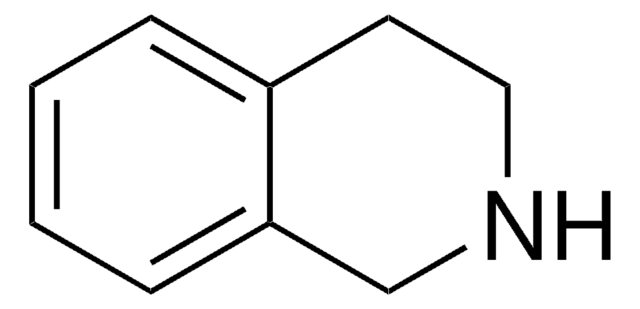
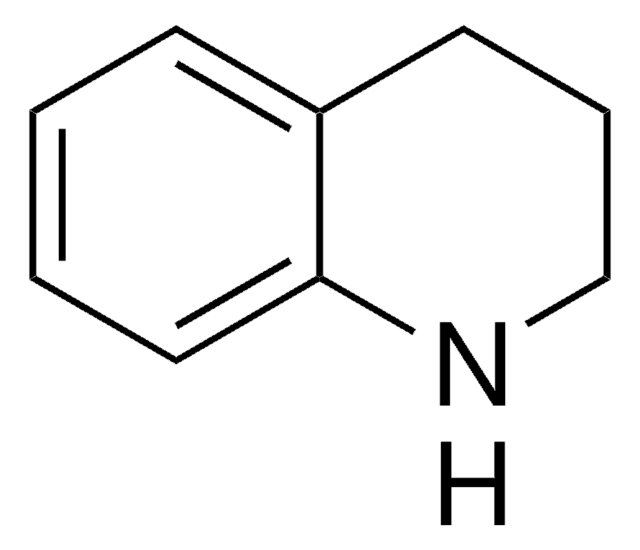
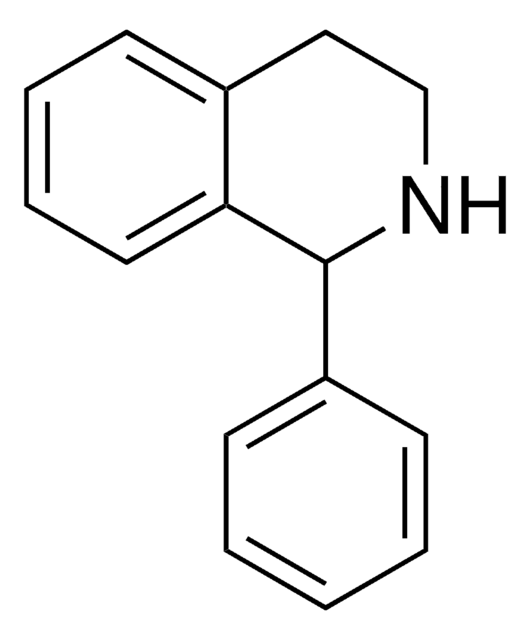
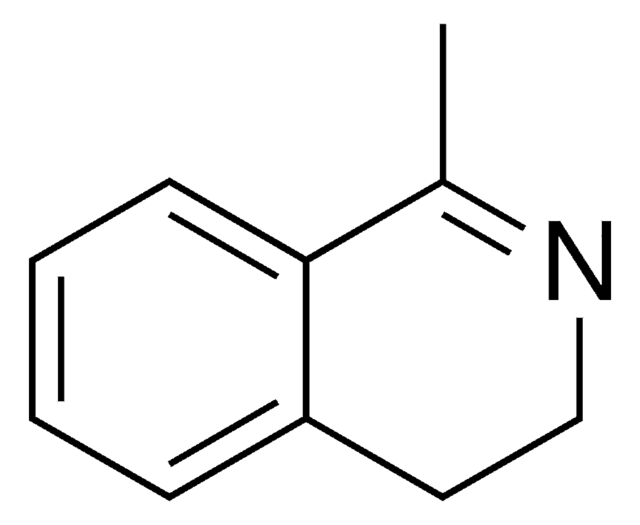
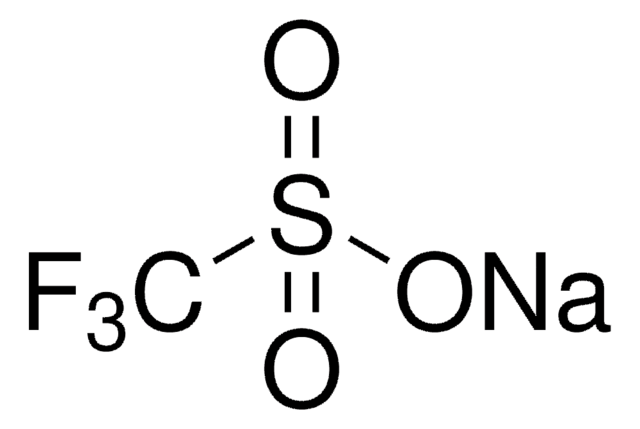
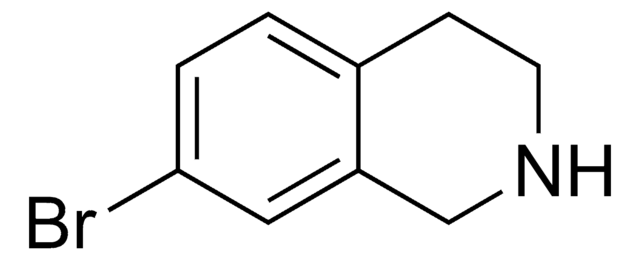
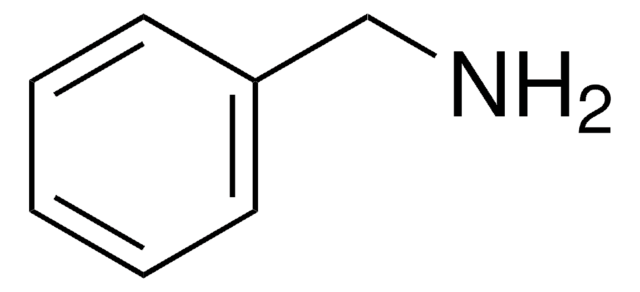
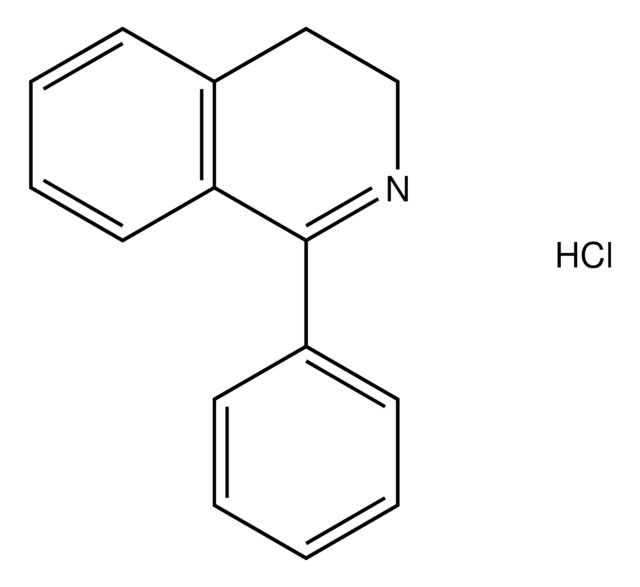
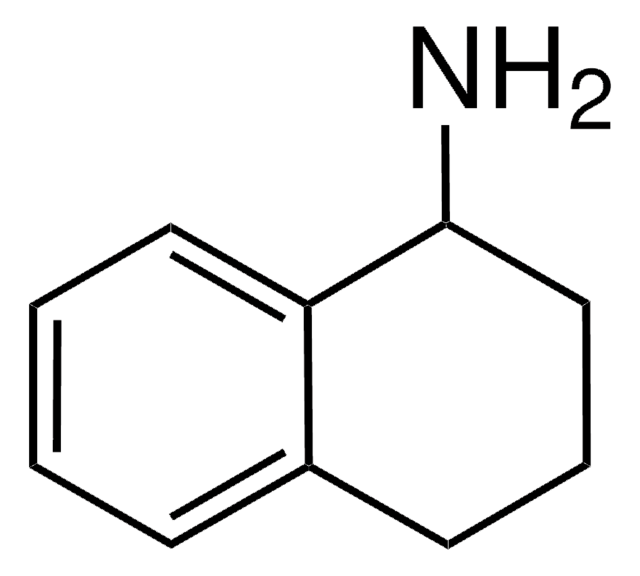
![Benzo[h]chinolin 97%](/deepweb/assets/sigmaaldrich/product/structures/344/715/928932d2-4ca4-4402-b56c-85a80100ce17/640/928932d2-4ca4-4402-b56c-85a80100ce17.png)
